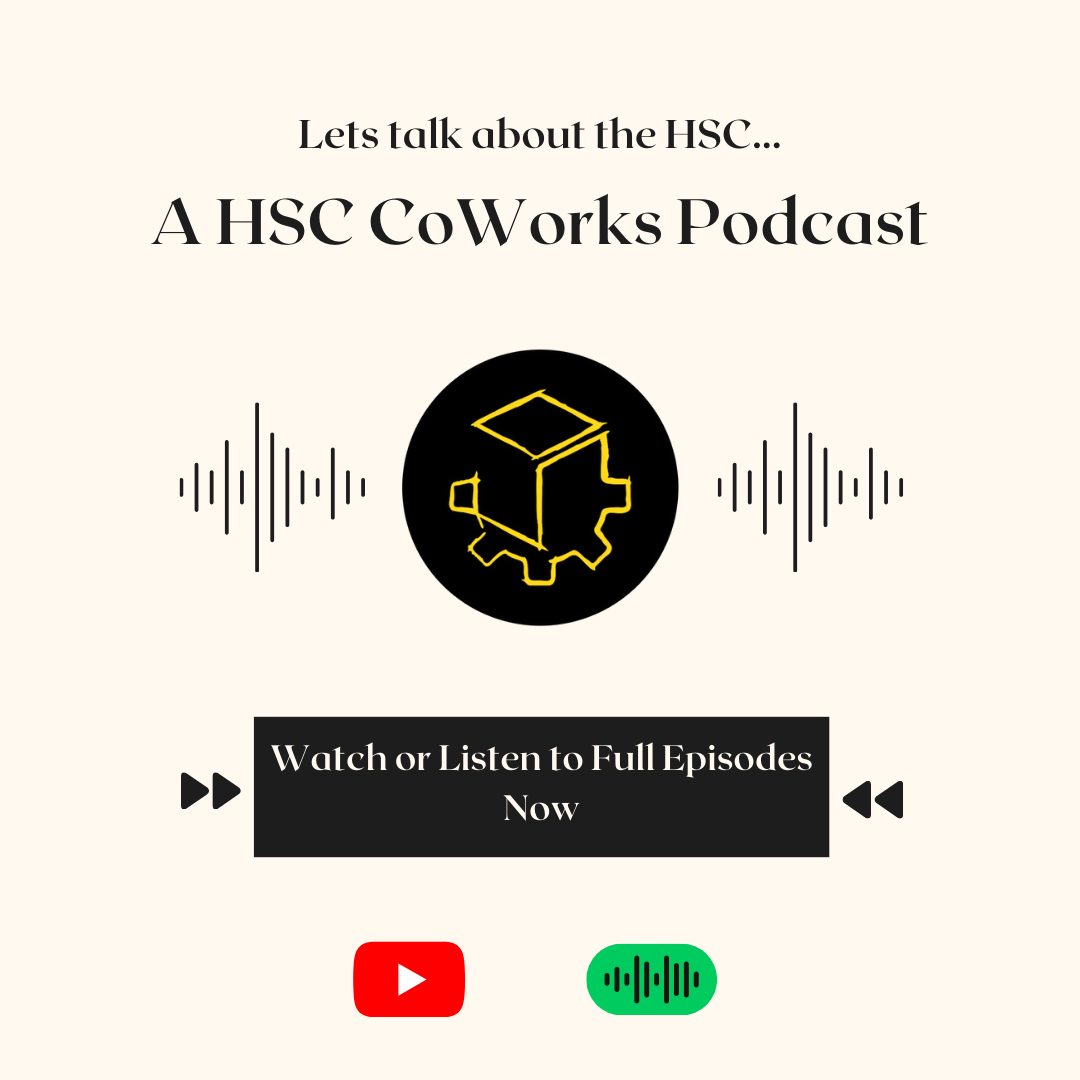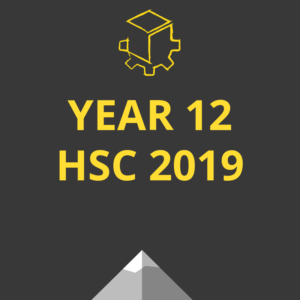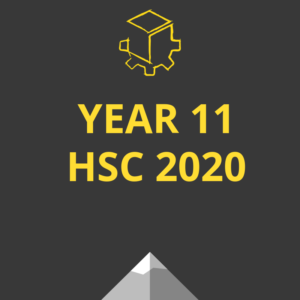Whether you’re feeling stressed, anxious or itching to get it over with, take a moment to acknowledge the journey you’ve taken to get to this point.
Now, let’s get down to business. Time management can be your ultimate best friend throughout your study time and exam period if you let it be, and can be an enormous help to organise the swathe of tasks you have, therefore reducing stress and optimising your motivation. Here are some suggestions around how to best manage your time:
1. Plan a schedule:
Planning a schedule is most often the first response students take to properly manage their study hours and is a fantastic asset for becoming accountable for your work. Try to base your priorities both in terms of subjects and topics (e.g. prioritising history source analysis questions you’re finding difficult over completing another mathematics past paper). Make sure your study goals are specific, measurable and realistic and are more task-orientated to help quantify your study progress and avoid fill up time with non-essential tasks.
2. Making your schedule flexible:
While scheduling your study time is a step in the right direction, it should also be dynamic and adaptable to new challenges which have arisen and require more focus enabling you to truly excel at time management. This could be addressed by remaining self-reflective and critical of your study achievements over the week as to what went well, what didn’t and what you could change to better study next week. Also, regular use of a system to track these specific tasks will help to perpetuate your task-oriented learning and flexibility. For our customers that would be the Online Portal.
3. Taking a break from studying:
You’re faced with a dilemma; it’s Friday night, you’ve worked your heart out the last few days covering projectile motion, trigonometry, a few Weimar essays and 3 English practice papers and now all you want to do is relax. Don’t worry! Other commitments during the week will be essential to keeping your motivation levels up whether that be social engagements, taking nights off or just recharging for the next day. Just ensure that you remain accountable to your schedule to keep your momentum going.
4. Juggling time in between exams:
Let’s say you’ve just finished the English Paper 2 HSC exam and two days later you have the Economics exam. What are you going to do? What I found most helpful was to focus squarely on your future exams rather than dwelling on the one you just completed to avoid any distracting worries over any mistakes you made. Also try to balance out your attention to the next exam as well as your later ones – the key is to remain consistent. Finally, in the last few days before an exam, try to focus more on revising topics which have troubled you and retrying questions you’ve gotten wrong before.
5.Vision:
Finally, the most important thing I can impart to you is the significance of your vision. Whenever you may be feeling demotivated or stressed out about an exam the next day, take a moment to evaluate your position in the grand scheme of things. You’ve almost reached the top of Mount HSC, something you’ve been working towards for a long time. Make sure that you finish the HSC with no regrets and with satisfaction knowing you’ve done the most you possibly can to achieve your vision.
Finally don’t forget that we, the HSC CoWorks staff and coaches will be there to help you out with any issues at all you might be experiencing.











